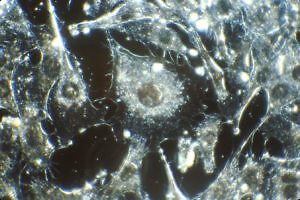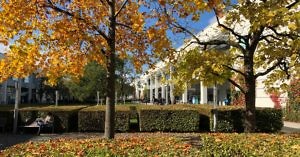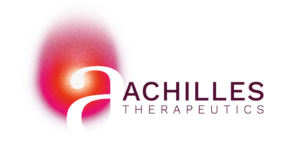An in-depth look at Neon’s updated neoantigen vaccine data
 As we prepare for rolling out some additional expert interviews on a variety of topics together with another mini-series on a tricky target, I wanted to take a moment to explore the Neon Therapeutics data.
As we prepare for rolling out some additional expert interviews on a variety of topics together with another mini-series on a tricky target, I wanted to take a moment to explore the Neon Therapeutics data.
Most of the news reports yesterday seemed to be concentrated around a general theme of ’cancer vaccine assist beats immunotherapy drugs alone!’or ‘vaccine boosts Opdivo response in 3 cancers’ … but does the data live up to the breathless hype that ensued? What can we say about the latest clinical update?
As often is the case, the true story around the facts turns out to be much more nuanced and subtle in flavour than the garish headlines might have you believe…
To learn more and get a heads up on our latest oncology insights and thought leader interview, subscribers can log-in or you can click to gain access to BSB Premium Content.
This content is restricted to subscribers

 Indeed, we haven’t covered Moderna Therapeutics before as they were rather quiet in preclinical mode, but now they have some initial clinical data in cancer patients, we thought it would be nice to explore the company’s progress, as well as look at where they’re headed with their mRNA platform.
Indeed, we haven’t covered Moderna Therapeutics before as they were rather quiet in preclinical mode, but now they have some initial clinical data in cancer patients, we thought it would be nice to explore the company’s progress, as well as look at where they’re headed with their mRNA platform.

 We’ve written extensively about various cellular therapy approaches in hematologic malignancies involving T cells and natural killer (NK) cells over the last few years, but if we are to see significant lasting success in solid tumours then we may need to consider the involvement of other immune cells.
We’ve written extensively about various cellular therapy approaches in hematologic malignancies involving T cells and natural killer (NK) cells over the last few years, but if we are to see significant lasting success in solid tumours then we may need to consider the involvement of other immune cells.

 If you have an interest in neoantigen based cancer treatments, however, then a company on the horizon that we’re excited about is Achilles Therapeutics.
If you have an interest in neoantigen based cancer treatments, however, then a company on the horizon that we’re excited about is Achilles Therapeutics.